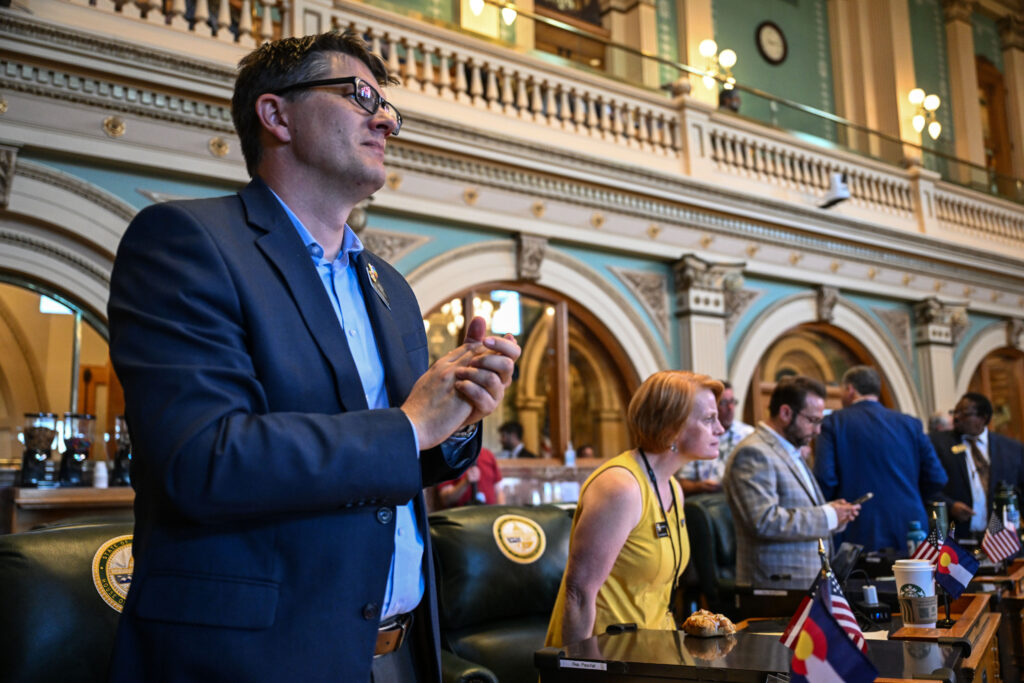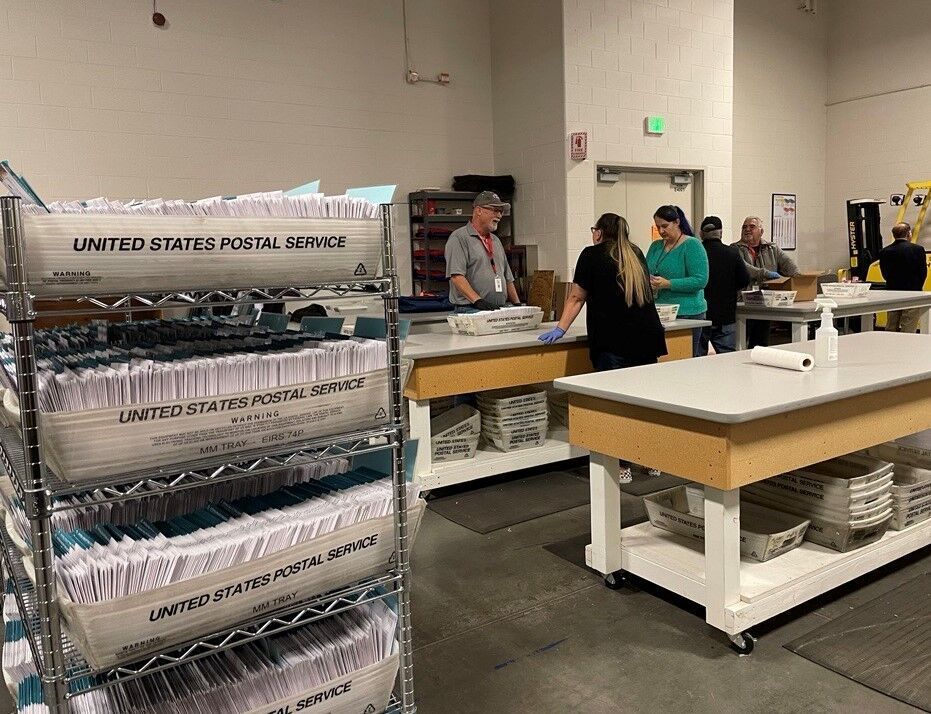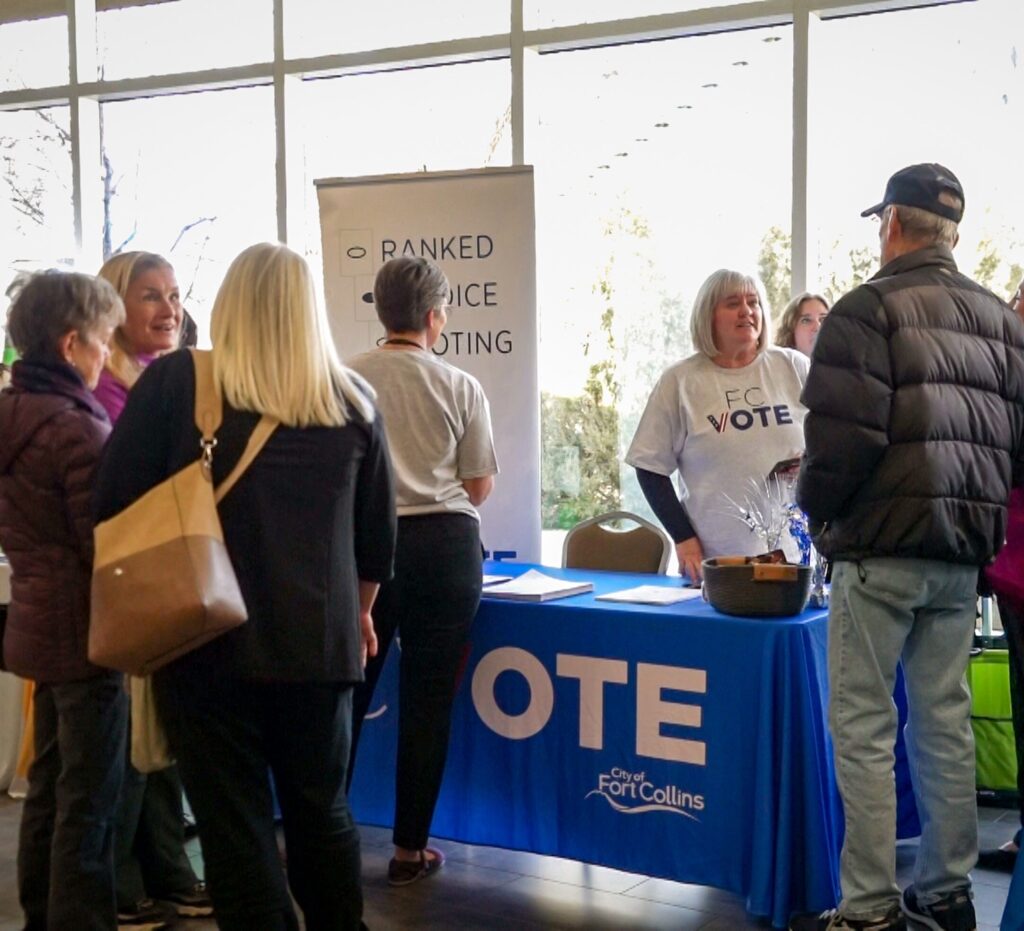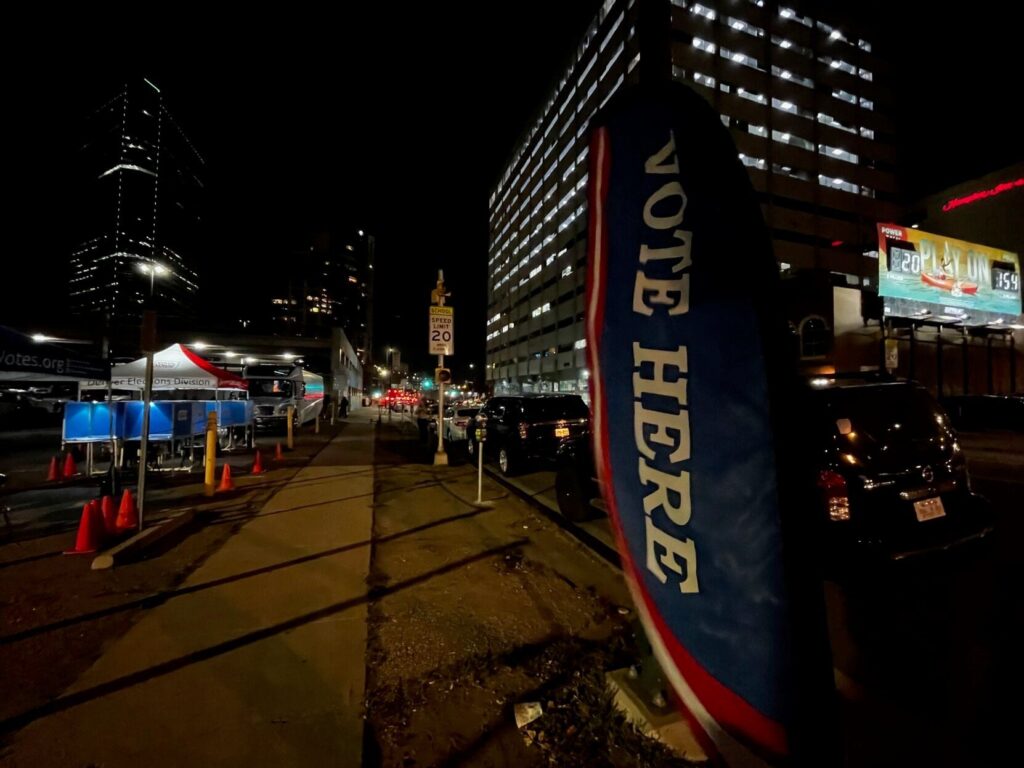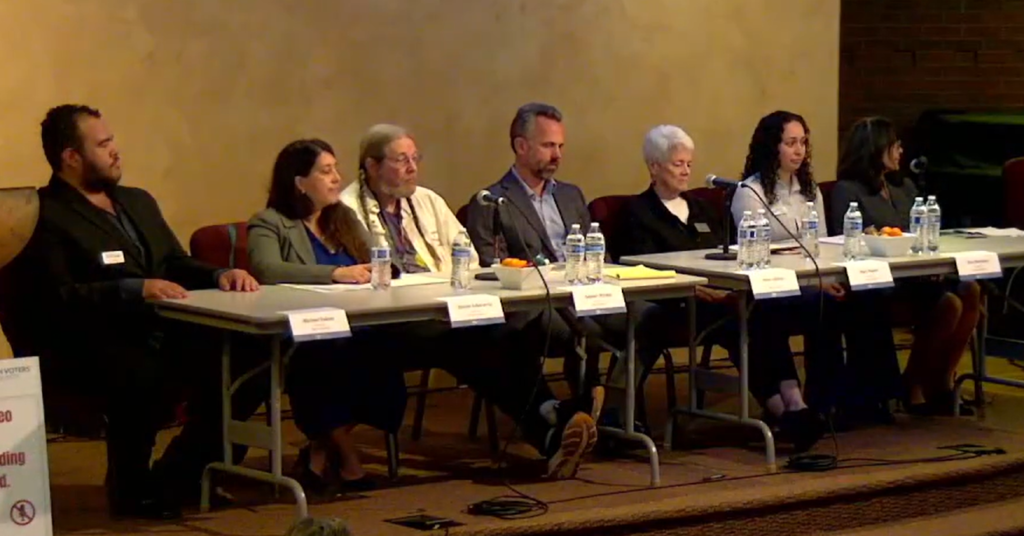Advocates, opponents clash during town hall on Colorado’s alcohol ballot measures
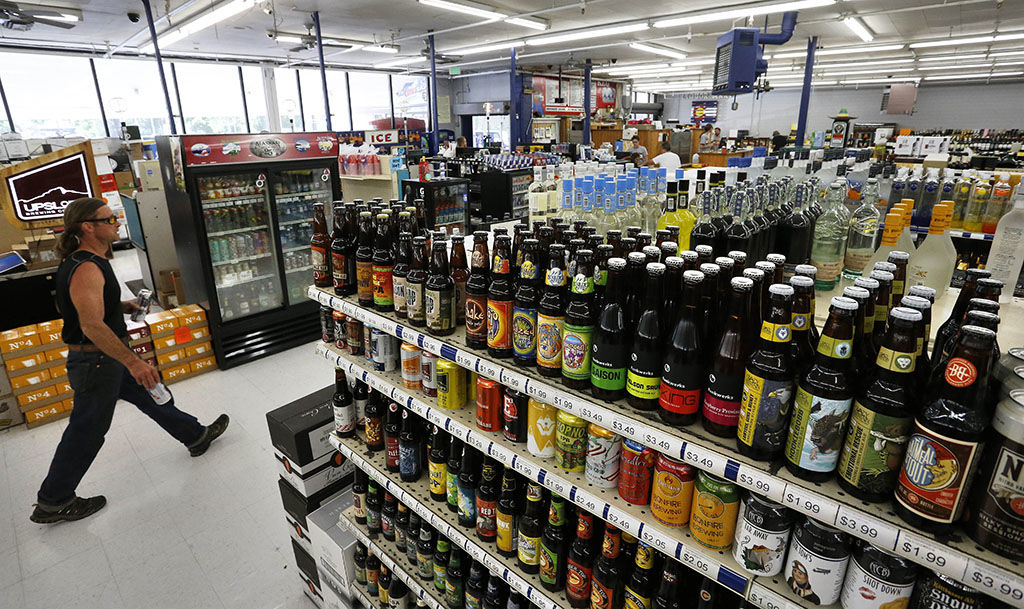
Business owners, lawmakers and activists clashed Thursday during a town hall that delved into three ballot measures seeking to expand the sale and delivery of alcohol.
The town hall – hosted by Colorado Politics, The Denver Gazette and The Colorado Springs Gazette – brought together advocates and opponents of Propositions 126, 125 and 124. Respectively, the measures aim to allow third-party companies to deliver alcohol from restaurants, bars and liquor stores; permit grocery and convenience stores that sell beer to also sell wine; and, gradually eliminate the limit on liquor stores operated by one person or business.
Speakers from the Colorado Licensed Beverage Association and Denver’s Joy Wine & Spirits pleaded against the ballot measures, saying they would run small liquor stores out of business by, among other things, increasing competition – a claim proponents said is simply not true.
“It really is about convenience at what cost,” said Chris Fine, executive director of the Colorado Licensed Beverage Association. “The underlying theme is that all three of these measures have outside, billion-dollar companies coming in to destroy the small mom-and-pops.”
“This is really a sob story by liquor stores,” responded Michelle Lyng with the Wine in Grocery Stores campaign, which backs Props 126 and 125. “(They said) if full-strength beers went into grocery stores, 700 liquor stores would close. Colorado’s records show there are actually 10 more liquor stores today than there were then. … They’re making up numbers out of thin air to scare legislators, to scare voters into maintaining their monopoly.”
At various points, the opposition campaign argued that putting beers in grocery stores only didn’t close liquor stores because the COVID-19 pandemic boosted alcohol sales.
The campaigns in support of the three ballot measures – Wine in Grocery Stores and Coloradans for Consumer Choice and Retail Fairness – have collectively raised over $17 million for their causes. The money was donated almost entirely by national corporations, including Total Wine & More, DoorDash and Instacart, according to records from the Secretary of State’s Office.
In contrast, the opposition campaign, Keeping Colorado Local, has raised around $635,000, including contributions from around two dozen local liquor stores.
Keeping Colorado Local said it represents all of Colorado’s 1,600 local liquor stores in fighting against the measures; however, during the town hall, CEO of Applejack Wine & Spirits, Jim Shpall, said he supports Prop 124 to eliminate the limit on liquor stores operated by one person or business.
“We want to have the opportunity to expand to compete,” Shpall said. “Right now, the playing field is not level. Big box grocery stores, such as Walmart and Target, are allowed to have an unlimited number of stores that have wine, beer and spirits in their stores. … We’re not saying that we’re going to expand, but we want that to be our choice.”
Current law limits a person or business to holding only three licenses for retail liquor stores at once – to be increased to four by 2027. These limits do not apply to grocery stores that sell beer and, if Prop 125 passes, wine. Prop 124 would immediately raise the liquor store limit to eight, then to 19 by 2032 and remove the limit entirely by 2037.
Opponents said Prop 124 would only increase competition for small liquor stores and benefit large chains, such as Total Wine & More – a liquor store with more than 200 locations in 27 states, including the maximum three in Colorado. The owners of Total Wine & More, brothers Robert and David Trone, are backing Prop 124 and have single-handedly funded the initiative’s $5.7 million campaign.
“I only want one store and I speak on behalf of the majority of the 1,600 independently owned liquor stores,” said Carolyn Joy, owner of Joy Wine & Spirits, who opposes all three ballot measures. “I don’t have the capital to have additional stores. It takes millions of dollars to open up additional stores. This does not create a level playing field.”
Colorado House Speaker Alec Garnett, D-Denver, argued that liquor store owners should be more worried about grocery stores than Total Wine & More, while speaking in support of Prop 124.
“There are more King Soopers and Safeways in Colorado than there are Total Wines in the entire country,” he said.
Garnett also criticized the idea that Colorado shouldn’t update its “antiquated” liquor laws simply to protect small liquor stores.
“Nowhere else in the marketplace do we build in protection to prevent healthy competition,” Garnett said. “We don’t do it for newspapers, we don’t do it for florists, we don’t do it for coffee shops. I’m not exactly sure why we’re doing it for liquor stores. … It’s contrary to the Colorado way.”
Other proponents argued that the ballot measures would actually help small liquor stores – specifically Prop 126, which would let third-party delivery companies, such as UberEats and DoorDash, deliver alcoholic beverages from restaurants, bars and liquor stores.
Lyng with the Wine in Grocery Stores campaign said Prop 126 would allow small liquor stores to offer delivery services – something most cannot afford to do because current law requires liquor stores to provide their own store-owned vehicle and employees to make deliveries. Large liquor stores such as Total Wine & More already deliver alcohol in Colorado.
Colorado restaurants have also stood in strong support of Prop 126, as it would permanently secure the legality of to-go alcohol. At the beginning of the COVID-19 pandemic, the state passed a law temporarily allowing the sale of alcohol for takeout and delivery through 2025.
“It allows small restaurants an additional revenue stream,” said John Jaramillo, co-founder of the Hispanic Restaurant Association, in support of Prop 126. “They’ve already been hit hard enough by the pandemic. This just allows them to compete with larger restaurants and ensure their long-term survivability.”
Besides just competition, opponents to Prop 126 raised concerns that third-party delivery of alcohol would lead to underaged drinking. Under the proposition, customers would have to upload a photo of a valid ID to purchase alcohol, and deliverers would be required to scan the ID in person and verify that it’s the right person. However, Fine of the Colorado Licensed Beverage Association said he doesn’t believe gig delivery drivers would adhere to these requirements.
“You’ve seen these folks. They are on a schedule. They are dumping things on a front porch, and they are gone,” Fine said. “They are not going through the safeguards that are required and needed. … There is a safety aspect. It’s our own vehicle, it’s our own employee because it’s our license on the line.”
Safety concerns were also brought up regarding Prop 125, which would allow grocery and convenience stores that sell beer to also sell wine. Fine said he doesn’t think grocery stores have the staffing capacity needed to adequately check IDs for wine sales.
Joy of Joy Wine & Spirits argued that wine sales would also hurt grocery store operations overall.
“There’s already very long lines at the store and there’s already a limited selection of food where I shop because there’s dense population and not a lot of square footage,” Joy said. “In terms of convenience, I do not think it’s convenient as a consumer to have to have a limited selection of wine with no help and then have to check myself out.”
“That’s our point,” Lyng with Wine in Grocery Stores countered, saying people will still shop at liquor stores for those reasons. “There’s room for everyone to compete here.”
Coloradans will vote on the three propositions, as well as on eight other statewide ballot measures, during the general election on Nov. 8.



